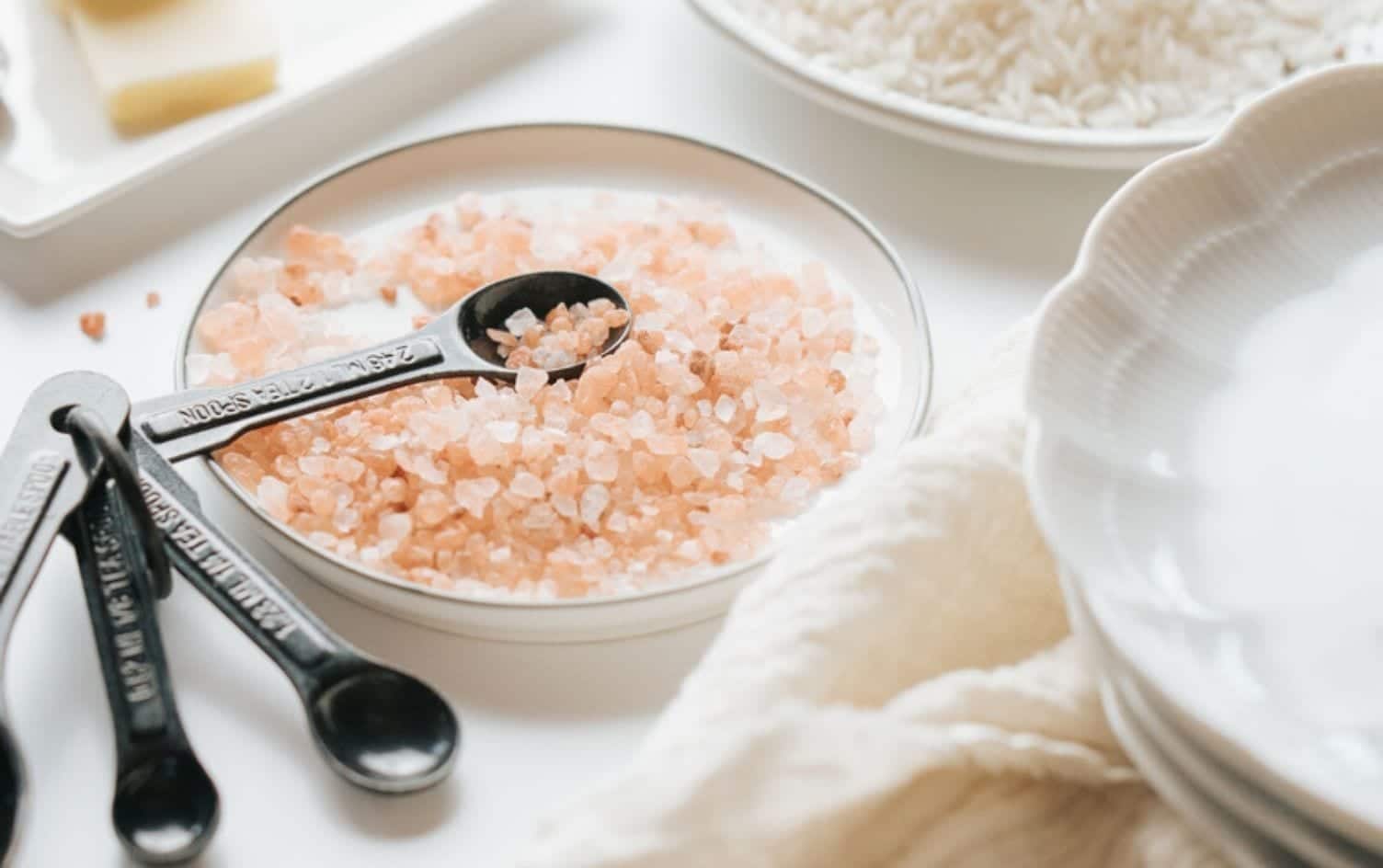Too much sodium is linked to several health issues including high blood pressure, headaches and heart disease. The American Heart Association recommends limiting sodium intake to less than 2,300 milligrams per day (roughly a single teaspoon) for most adults and 1,500mg for anyone over 50 years old and those with high blood pressure, diabetes or chronic kidney disease.
While athletes can generally get away with a little more salt in their diets (since sodium is lost via sweat), “the average American currently consumes more than 3,500mg of salt per day,” notes Linda Van Horn, PhD, RD, chief of the nutrition division at Northwestern University’s Feinberg School of Medicine and an American Heart Association volunteer. What’s more, recent research shows excess sodium (more than 2,300mg per day) could negatively affect your immune system.
THE SCIENCE
Dr. Christian Kurts, a professor at the Institute of Experimental Immunology at the University of Bonn (Germany), recruited volunteers who consumed an additional 6 grams (2,400mg) of salt per day — the equivalent of two fast-food meals — for one week and noted significant immune deficiencies associated with increased sodium intake. In the same study, mice fed a high-sodium diet showed higher rates of bacterial infections. “Salt increases glucocorticoids [steroids that occur naturally in your body] and glucocorticoids suppress the immune system,” explains Kurts.
A previous study published in the journal Nature found high salt consumption was associated with elevated levels of inflammation, impaired immune cell function and altered gut microbiome, potentially promoting chronic autoimmune diseases.
Even short periods of high salt intake — such as periods of binge eating — were associated with harmful changes to the immune system, especially if you have other risk factors such as high blood pressure, according to research published in Hypertension.
HOW TO CUT BACK ON SODIUM
To cut back on sodium, “try to minimize processed foods like white bread, cereal and deli meats,” recommends Van Horn. It’s also important to read the labels of canned foods like soup and beans, and replace them with low-sodium options. Condiments are another sneaky source of sodium. “Ketchup, mustard, soy sauce and Worcestershire sauce are all high in sodium, which people tend to ignore in these types of add-ons,” says Van Horn. Instead, “use fresh herbs, garlic, pepper, lemon and other spices that are sodium-free to flavor food,” she suggests.
THE BOTTOM LINE
To promote a healthy immune system, consider tracking your sodium intake with an app like MyFitnessPal. Adding more whole foods to your plate supports a healthy immune system, and helps crowd out high-sodium processed foods. Getting quality sleep and regular exercise is also important for supporting your immune system and overall health.




